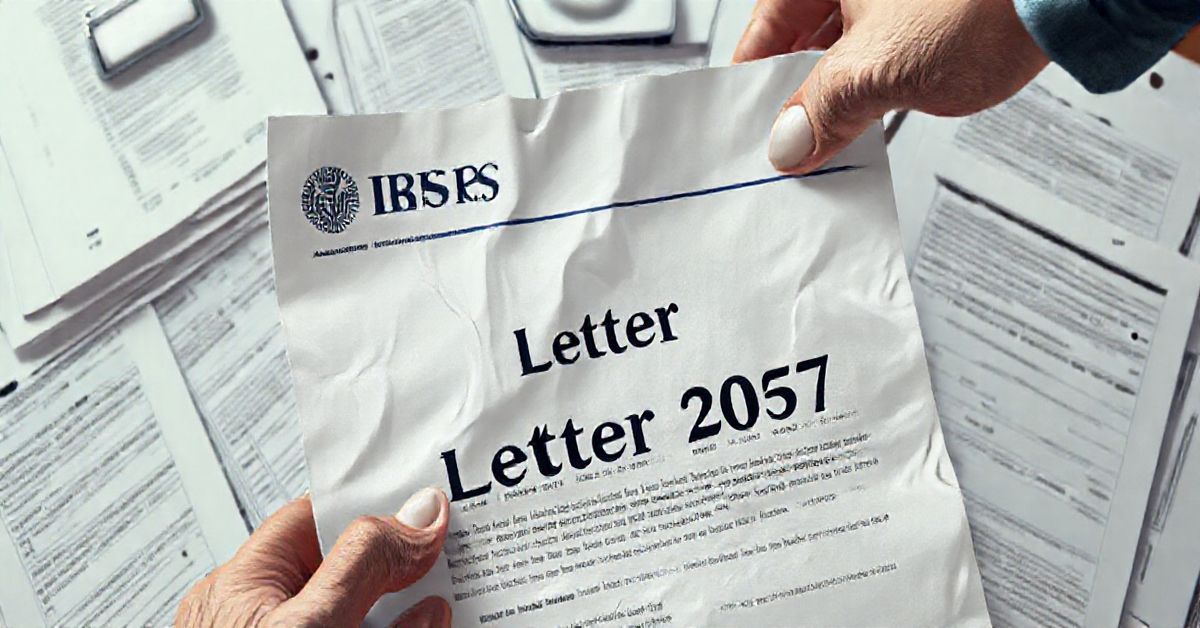Letter 2057: Non-Filer Notice
What is an IRS Letter 2057: Non-Filer Notice and What Should You Do About It?
An IRS Letter 2057, also known as a non-filer notice, is a communication from the IRS informing you that they have no record of receiving one or more required tax returns from you. Essentially, it’s the IRS saying, “Hey, we think you might have forgotten to file!” It’s important to respond to it in a timely manner.

